The Ministry of Petroleum Resources (MPR) has said that the National Gas Expansion Programme (NGEP) is still ongoing.
MPR said this exclusively to Nairametrics yesterday while responding to reports of the project being stalled, as a lot of stakeholders are in the dark about the progress of the project, with many assuming that the implementation was dead, like many other projects.
- Especially due to concerns over the paltry N18.26 million budgeted for the programme in the 2023 budget.
Reacting to these concerns, the ministry said, various stakeholder engagement emanating from the NGEP, has been a trigger for Federal and state government actors to participate collaboratively with the private sector.
- The ministry said: “At the Federal level, the office of the Head of Service and compressed natural gas (CNG) transport company, Femadec Group, have signed an agreement for civil service mass transit buses to be powered by CNG in Abuja. The first 20 of these buses were recently launched with an additional 200-500 to follow by 2023.
- On the sub-national level, Lagos state and Oando have signed a memorandum of understanding (MoU) on a CNG bus conversion plan for the Lagos state Bus rapid transport system (BRT). The first batch has commenced conversions.
- “The Road Transport Employers Association of Nigeria (RTEAN) has also signed an agreement for the purchase of 2,300 locally produced buses with CNG vehicle company, Omaa.”
- “In all, we should have about 3,000 to 4,000 new CNG buses plying Nigerian roads a year from now. This will be in addition to the 8,000 plus vehicles already operating in the country.”
Budget for NGEP in 2023
A review of page 920, code ERGP2175069 of the 2023 budget appropriation bill by Nairametrics showed that the Ministry of Petroleum Resources (MPR) has budgeted N18, 258,000 for the implementation of the NGEP. The project is described as ongoing.
- The NGEP is a programme introduced by the Buhari administration to carry out mass campaigns and action steps towards making compressed natural gas (CNG) the fuel for transportation and liquefied petroleum gas (LPG), the fuel for cooking, captive power, and small industrial complexes.
However, in recent times, Nigerians had not been informed of recent updates on the implementation of the programme.
The NGEP implementation timeline
- The NGEP was introduced in 2020 and the government made promises to convert one million cars to run on CNG, before the end of 2021.
- In September 2020, the government launched the N250 billion National Gas Expansion Programme fund by the Central Bank of Nigeria (CBN) in collaboration with the Ministry of Petroleum Resources.
- In December 2020, it was announced that the Nigerian National Petroleum Corporation (NNPC) Limited, will support the effort of the NGEP, the Corporation will establish designated NNPC retail filling stations offering free petrol-to-gas conversion services for “some cars” to enable vehicles to run on LPG or CNG.
- In January 2021, Innoson Motors announced that it had been contacted to aid in the implementation of the NGEP.
- According to its Twitter thread on January 10, 2021, Innoson Motors wrote that the Innoson Kiara Academy was invited to provide solutions for the training component and to start a pilot scheme.
- The company wrote: “As we make this all-important transition to gas, we will need; 55 million gas cylinders (new models made of Polymer resins from our petrochemical plants). 300 million burners for cooking gas cylinders using recycled metal scraps in the country. Apart from saving scarce foreign exchange, this will create lots of jobs in the process.
In recent times, nothing had been said of the mass conversion of vehicles under the NGEP. However, Nairametrics recently reported that the NNPC is collaborating with the federal government, through the Office of the Vice President on the establishment of Gas Funding Company Ltd for the injection of 20 million cylinders in the next 5 years. According to the NNPC was being done under the Marketer Cylinder Owned Model, which would boost liquefied petroleum gas (LPG) penetration.
What you should know
- The NGEP was said to enable jobs creation, the target was 2 million jobs annually
- In 2020, the NGEP implementation was targeted at selected filling stations across 36 states of the federation, marking the official entry of the three alternative fuels, LPG, CNG, and LNG, as options for transportation, industrial and domestic use.
- The Twitter page of the NGEP has not been providing updates on the NGEP implementation and has not been active since February 2022.



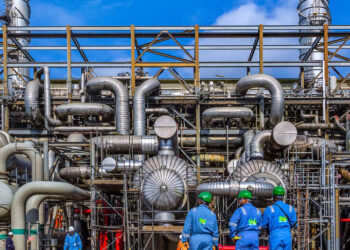
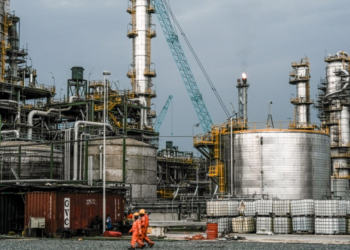
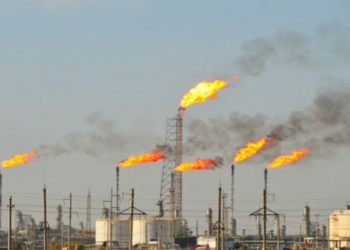
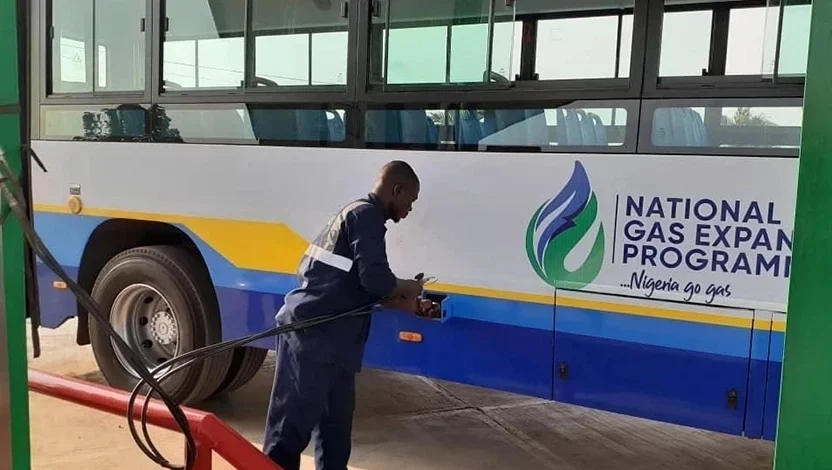

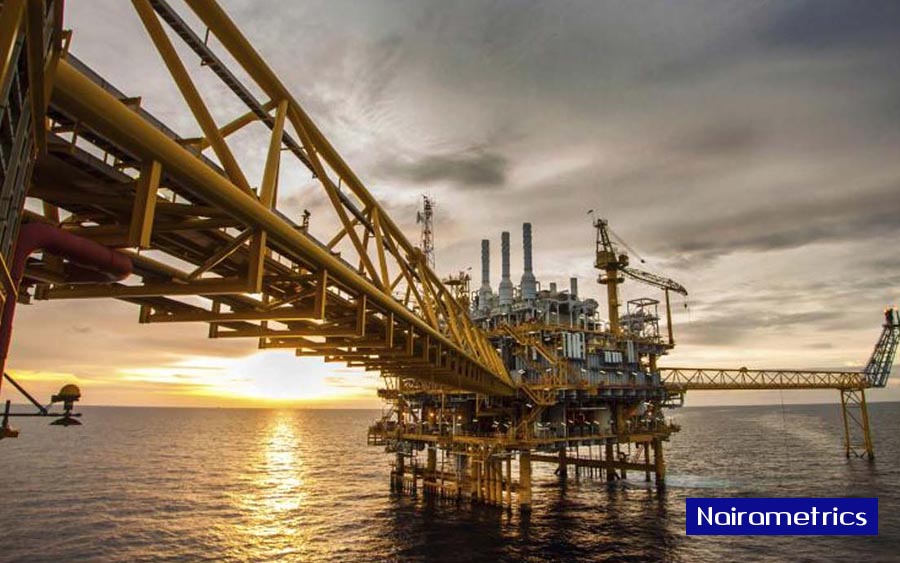









The transition to the use of natural gas is a welcome development because it is greener and reduces our carbon footprints. However, more deliberate investment needs to be made in gas infrastructure to harness the potential of wealth in the current energy security crisis.